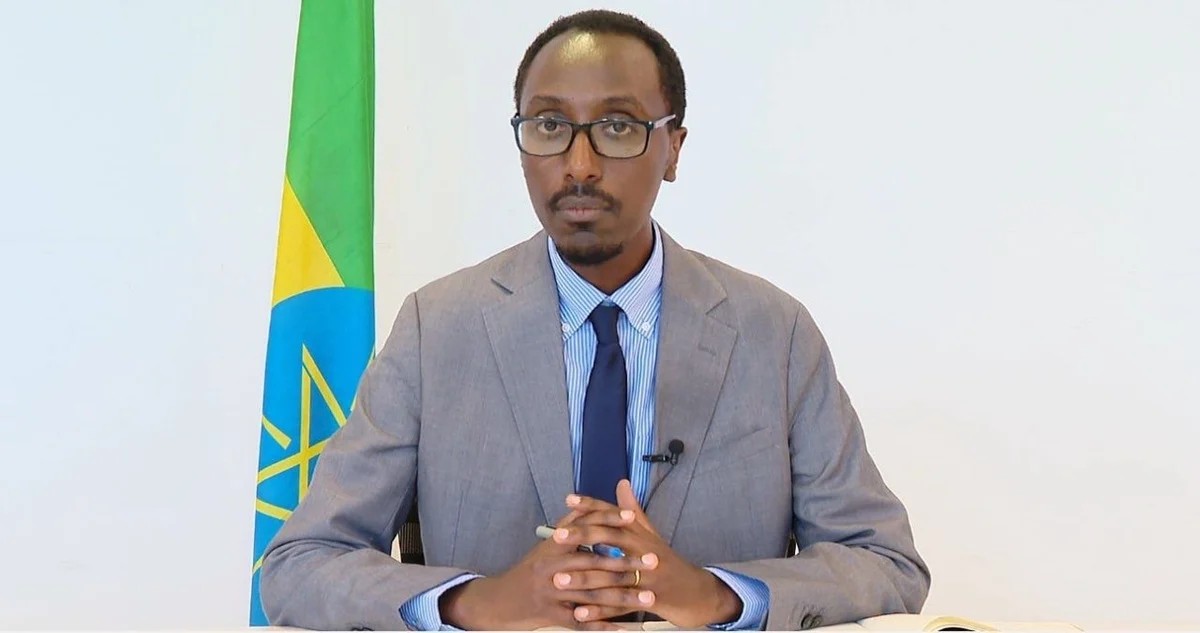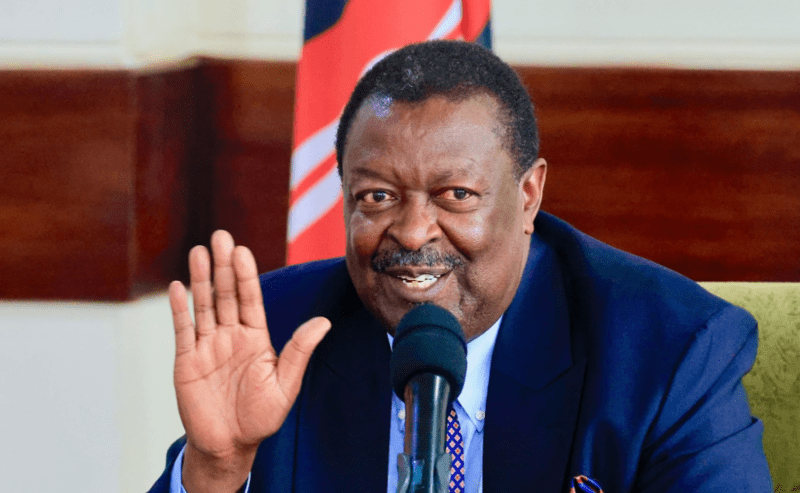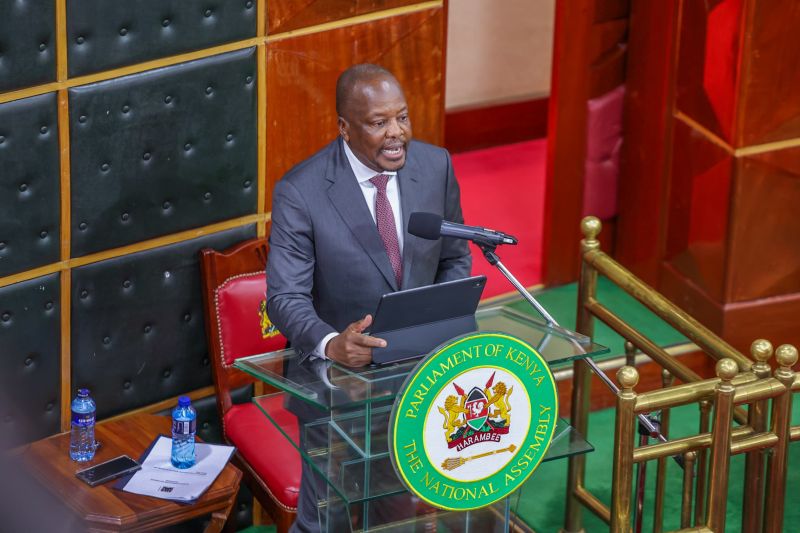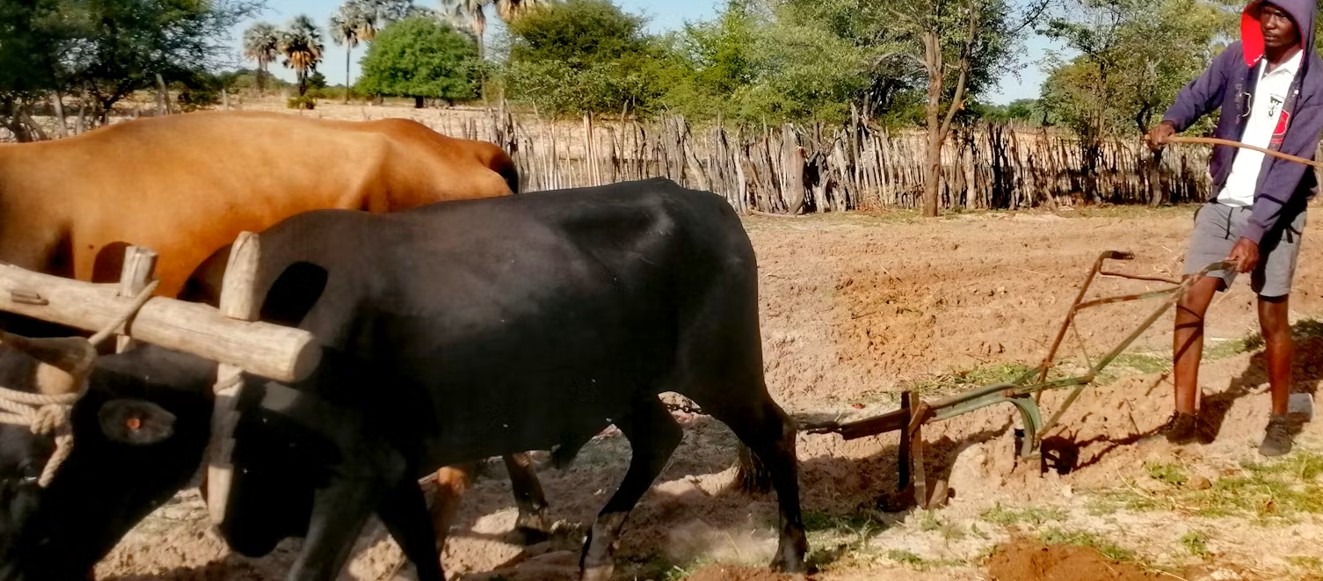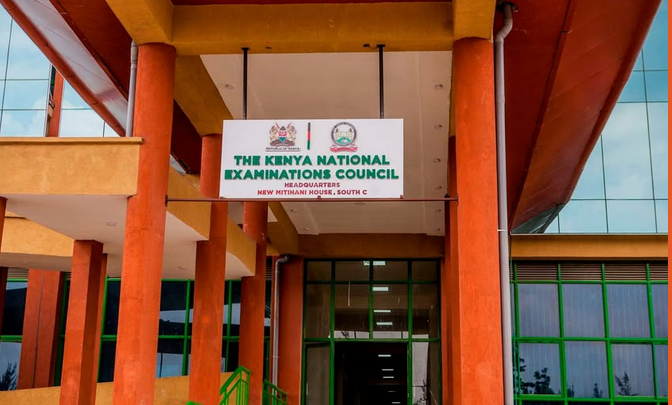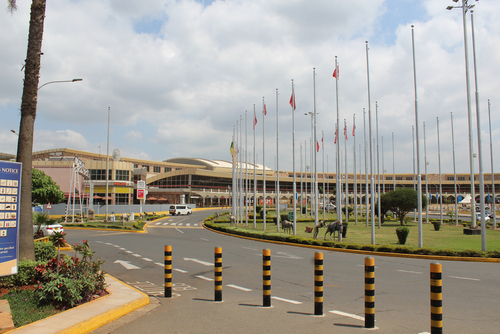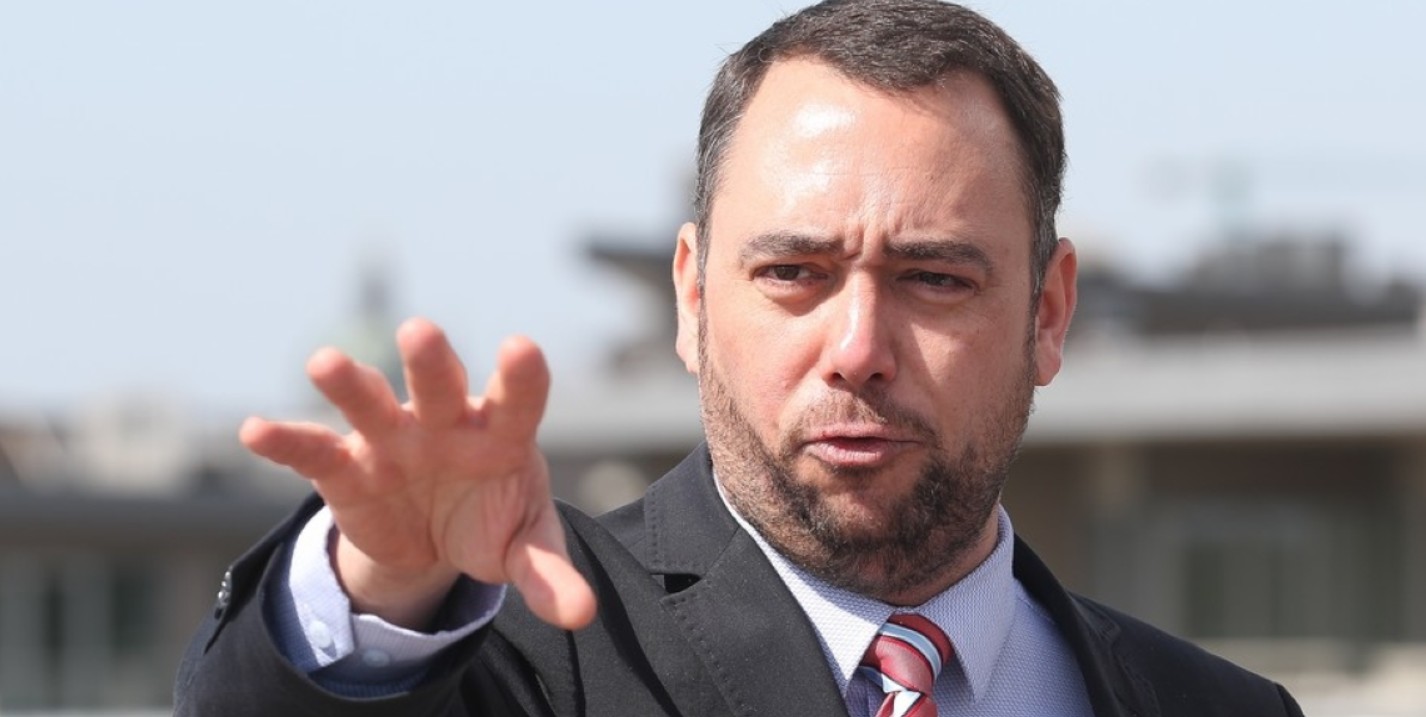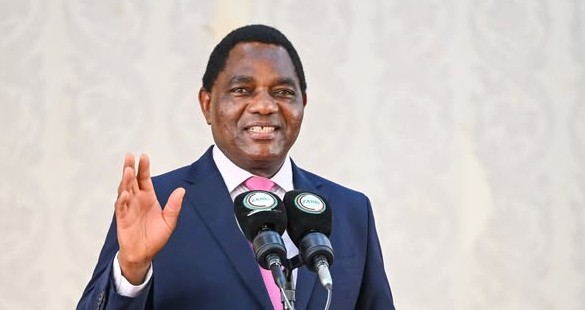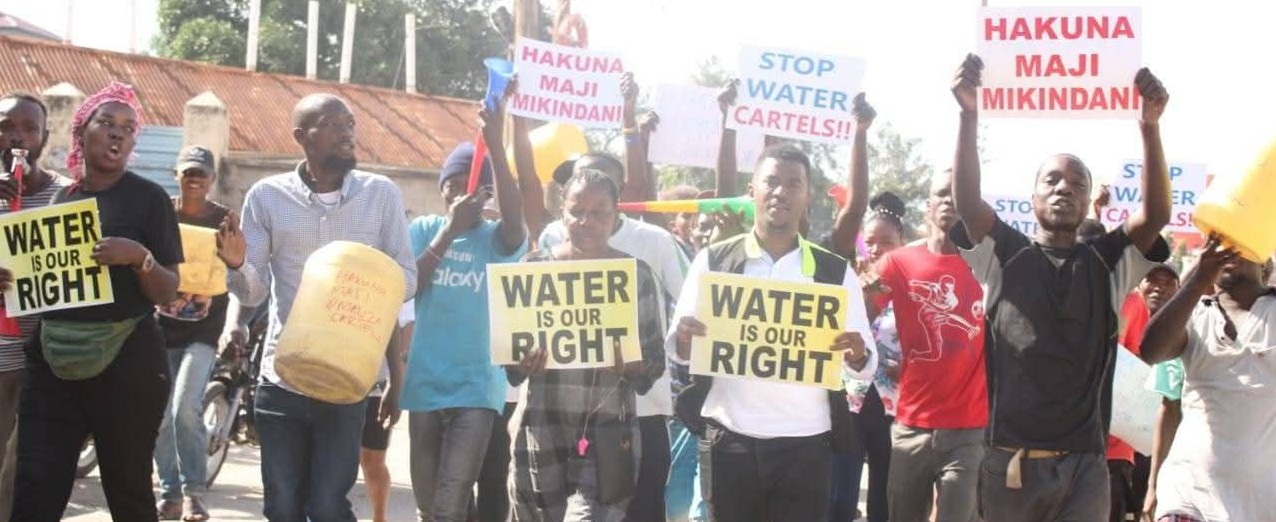Death toll from floods in Somalia rises to 101, one million displaced
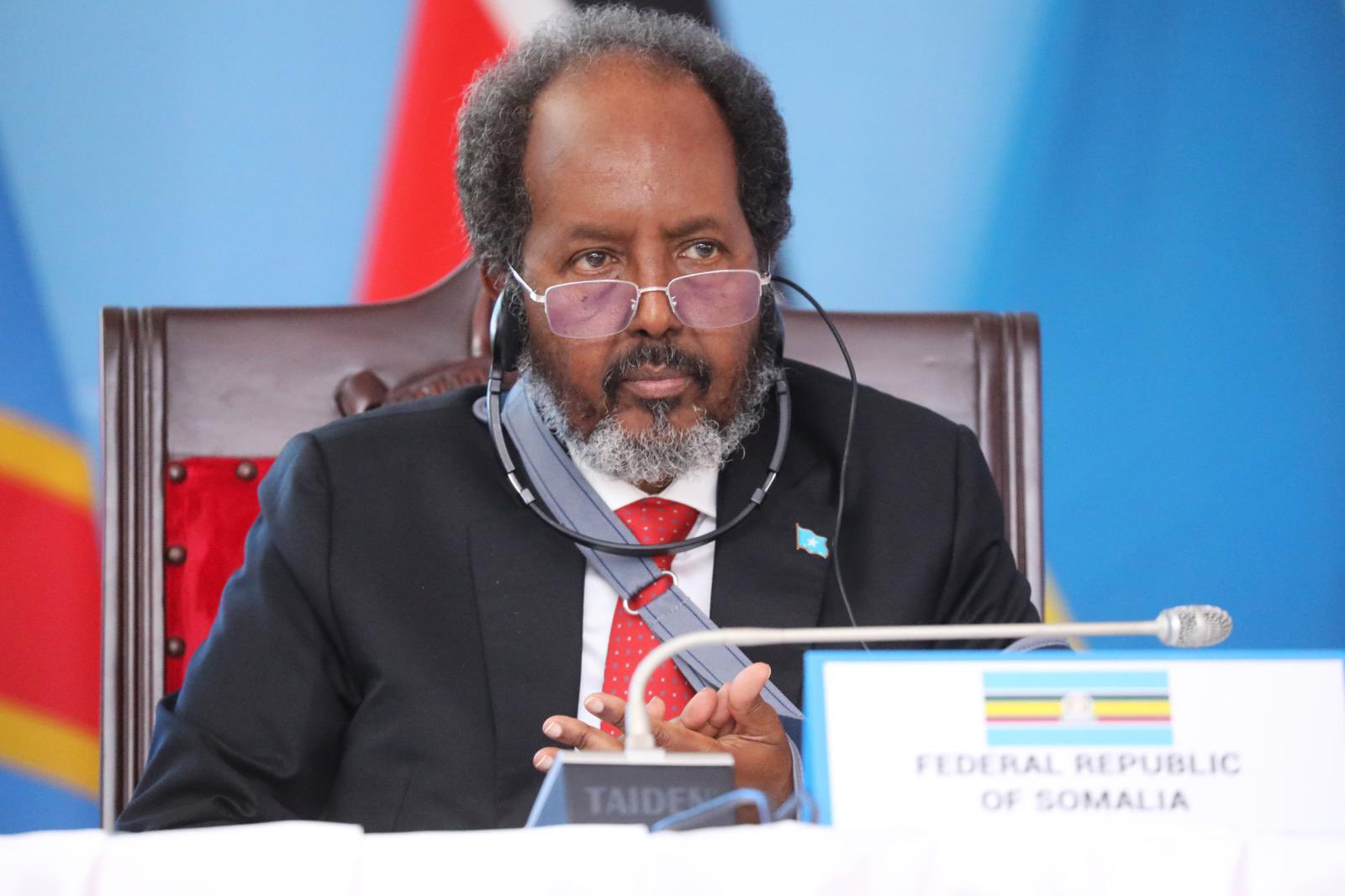
The President said Somalia is facing a humanitarian crisis caused by the climate change-enhanced El Nino that is devastating many parts of the country.
The death toll from heavy rains and floods in Somalia has risen to 101 with 1 million people displaced and 1.5 million affected nationwide, Somali President Hassan Sheikh Mohamud said late Wednesday.
In a nationally televised speech on Wednesday, the President said Somalia is facing a humanitarian crisis caused by the climate change-enhanced El Nino that is devastating many parts of the country.
More To Read
- Somalia welcomes first group of Sudanese students under new scholarship programme
- Mogadishu’s Hamarweyne market shut for third day amid tax dispute
- How to make sweet and savoury plantains at home
- Somalia on high alert as Marburg virus outbreak hits neighbouring Ethiopia
- Mogadishu police, intelligence agents crack down on armed groups after surge in street crime
- Somalia declares drought emergency as millions face hunger after failed rains
The floods are exacerbating the humanitarian crisis in the region just as it emerges from the worst drought in four decades that left millions of people hungry.
"My brothers, our country is in a critical state and our people have been affected by the flooding everywhere," President Hassan Sheikh said on Wednesday evening.
At least 34 districts of Somalia have been impacted by heavy rains and floods since October, mostly in the southern areas, the Office for the Coordination of Humanitarian Affairs (OCHA) said Wednesday in a brief statement.
The south-central state of Hirshabelle and the Southwest and Jubaland states are the most affected areas of the country.
The heavy rainfall in Somalia is expected to impact up to 1.5 million hectares (3.7 million acres) of farmland.
Global support
“After suffering its worst drought in four decades, Somalia is now grappling with once-in-a-century floods,” UN aid chief Martin Griffiths said Tuesday on X.
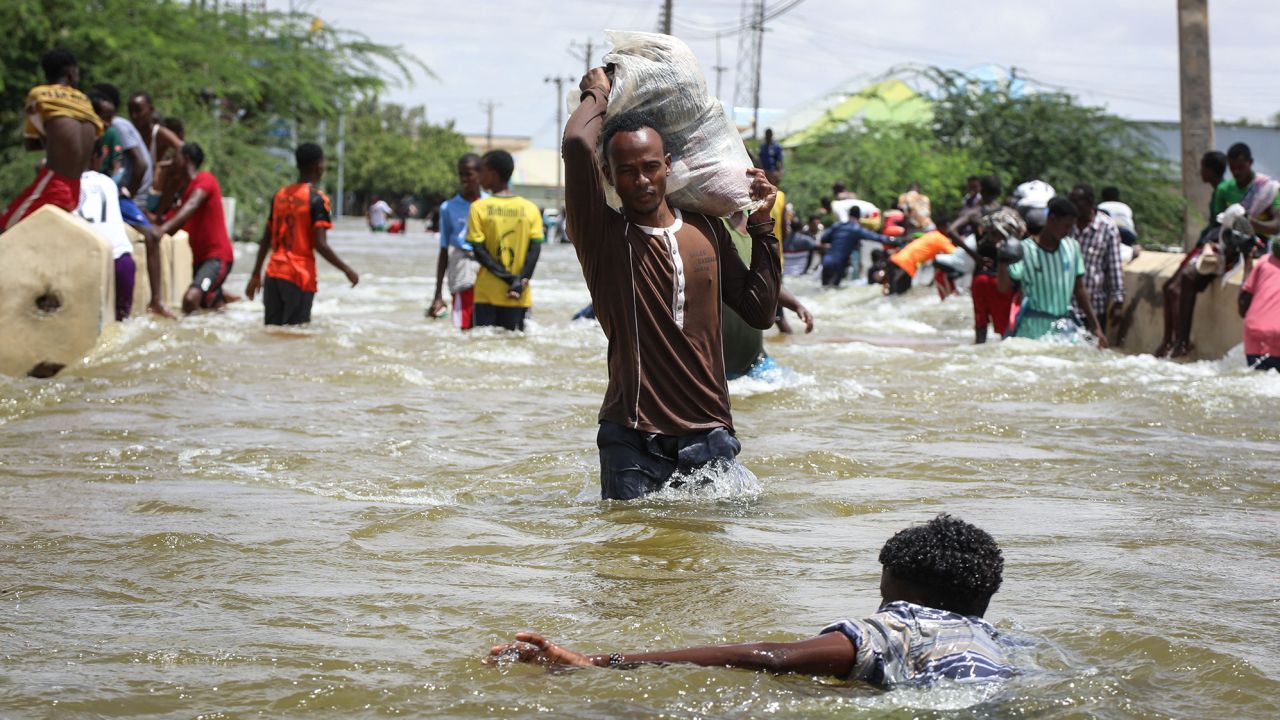 A man carries a sack through floodwater in Beledweyne, central Somalia. (Photo: Hassan Ali Elmi/AFP/Getty Images)
A man carries a sack through floodwater in Beledweyne, central Somalia. (Photo: Hassan Ali Elmi/AFP/Getty Images)
Somali Prime Minister Hamsa Abdi Barre on Tuesday rallied global support to address the floods disaster.
Accompanied by the President of Jubaland regional state, Ahmed Mohamed Islam, Ambassadors from Turkey and China, alongside representatives from the United Nations Office, Hamza visited the outskirts of Kismayo on Tuesday to assess the dire situation faced by those affected by the floods.
Emphasizing the gravity of the crisis, the Prime Minister highlighted the plight of thousands of families stranded in the floodwaters of the Juba River in the Gedo region.
He underscored that local capacities are overwhelmed, calling on the international community to play a pivotal role in responding to emergencies and facilitating rescue operations.
Authorities in Mogadishu declared a state of emergency this month over the disaster, and have warned against the proliferation of disease.
The Horn of Africa is one of the regions which is most vulnerable to climate change, and extreme weather events are becoming increasingly frequent and intense.
Action Against Hunger said the current situation was "dire".
"Regions that were struggling to recover from the economic and environmental impacts of prolonged drought are now doubly burdened with flooding," the charity said.
Top Stories Today
